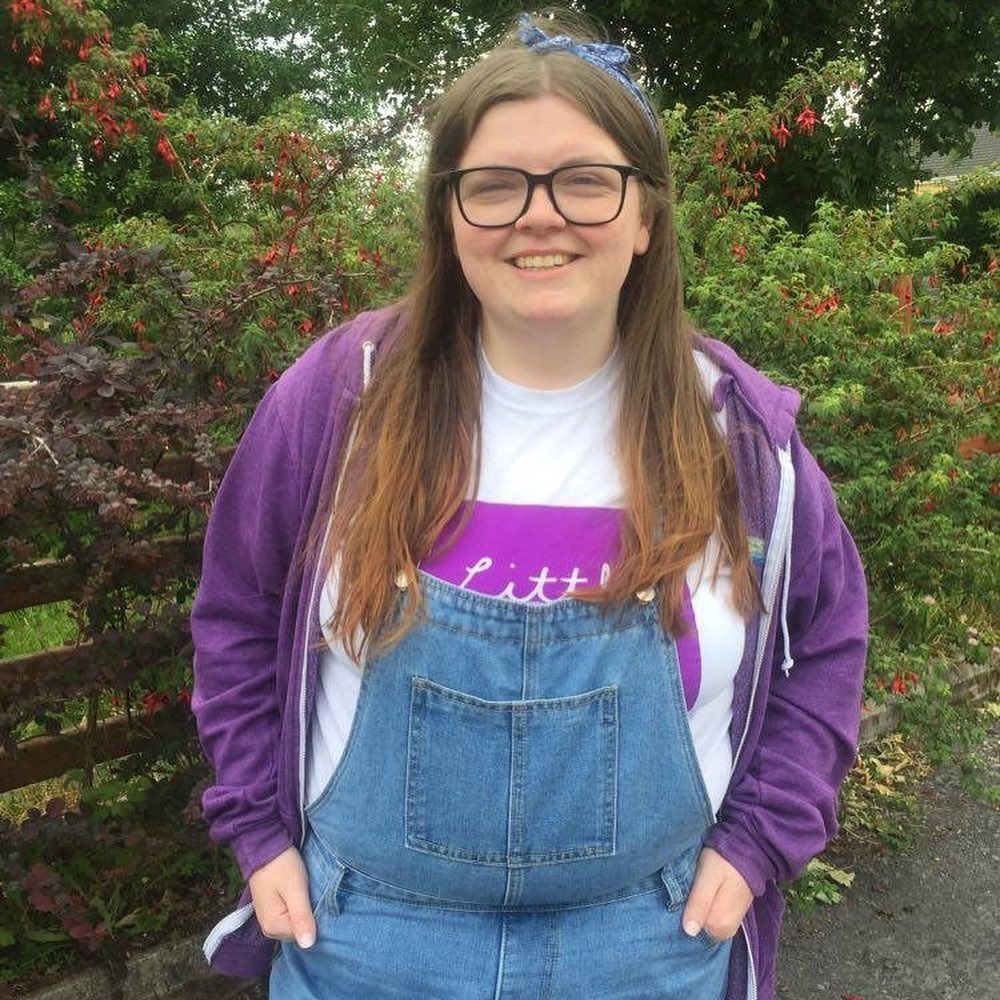
I was diagnosed with autism last year as an adult at the age of 24.
I always knew that I was a bit different as a child. I knew I didn’t socialise as well as other children. I knew I wasn’t interested in going to birthday parties, and that I would much rather sit by myself reading than run around in the playground with other kids.
It wasn’t until much later in life, that when I started to read more about autism, and how it presents itself, especially in teenage/adult women, that I started to think “maybe this is me”. Things like being very sensitive to light touch, or certain sounds being made at the same time really affected me, and for a while, I thought that I was just over-sensitive, or just playing it up in my head. But then I began to read a lot more about it, and in one particular book there was this long list of possible things that could present in women with autism, and it hit me. I could relate to so many of these things.
I enquired with AsIAm, a charity that supports people with autism, about autism assessments for adults, how it works, who provides them, and they were very helpful and provided me with a list of people and organisations that specialise in assessing adults.
I chose one in particular for a few reasons, I liked that their staff was a mixture of neurotypical and neurodivergent people. Financially, they could offer a better option of payment, which was a major factor for me, as it is an expensive assessment. And the main reason, which sounds strange, but the website just gave me a good feeling. My gut feeling was that they were the best option for me.
Over the course of a couple of months, I had a few online meetings with a psychologist, and also my mother answered some questions about what I was like as a baby and as a young child, which I wouldn’t really have remembered myself. At the end of this process, my feelings and suspicions were confirmed, and I received a diagnosis of autism.
In the grand scheme of things, this was quite recent, so I suppose I am still thinking about my diagnosis and what it means. But the main thing the diagnosis has given me is a sense of explanation, of certain things I’ve felt and done. It feels that certain things I used to just blame myself for, now have somewhat of an explanation. I don’t regret my decision to look for this assessment at all, and it was completely worth it. It feels like it’s helping me become more comfortable in myself and helping me to live my truth!
– Róisín
Maybe learning more about autism has made you think that you might be on the spectrum yourself. That’s completely okay, and your feelings are valid. The Shona Project is not qualified to give specific advice around seeking a diagnosis, but if you suspect you might be autistic or if you want to learn more about the spectrum, we’d highly recommend checking out our friends at AsIAm. Their website has information to point you in the right direction! ✨



